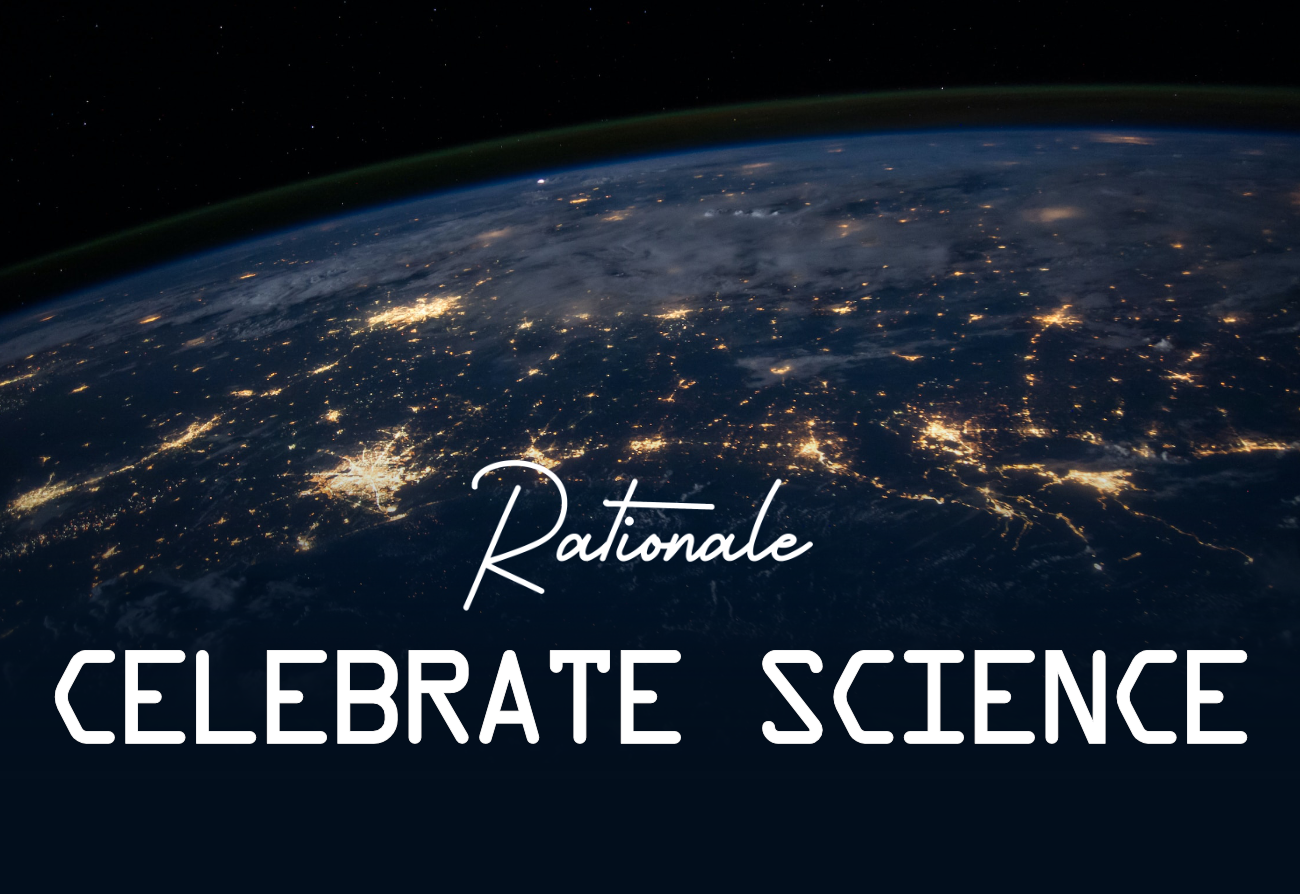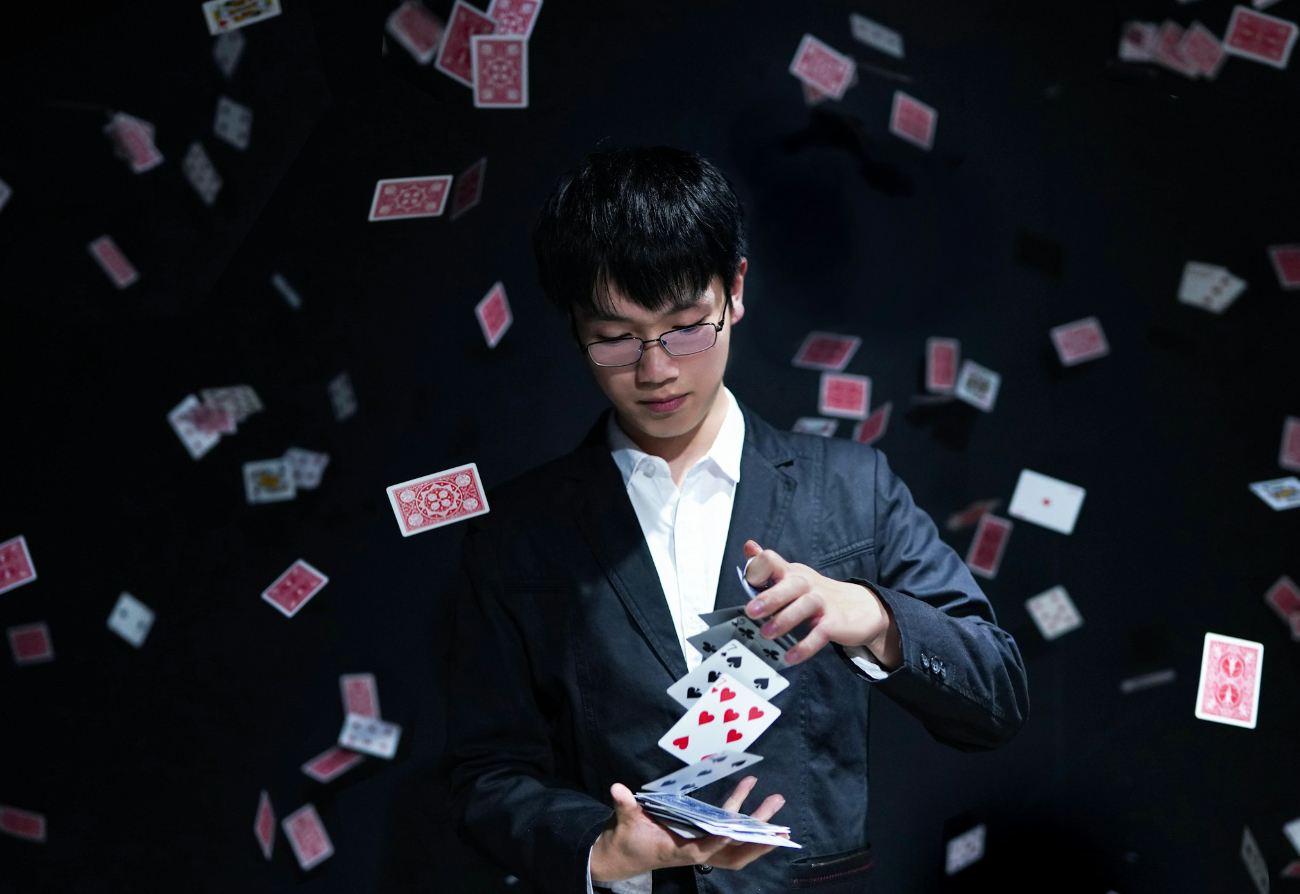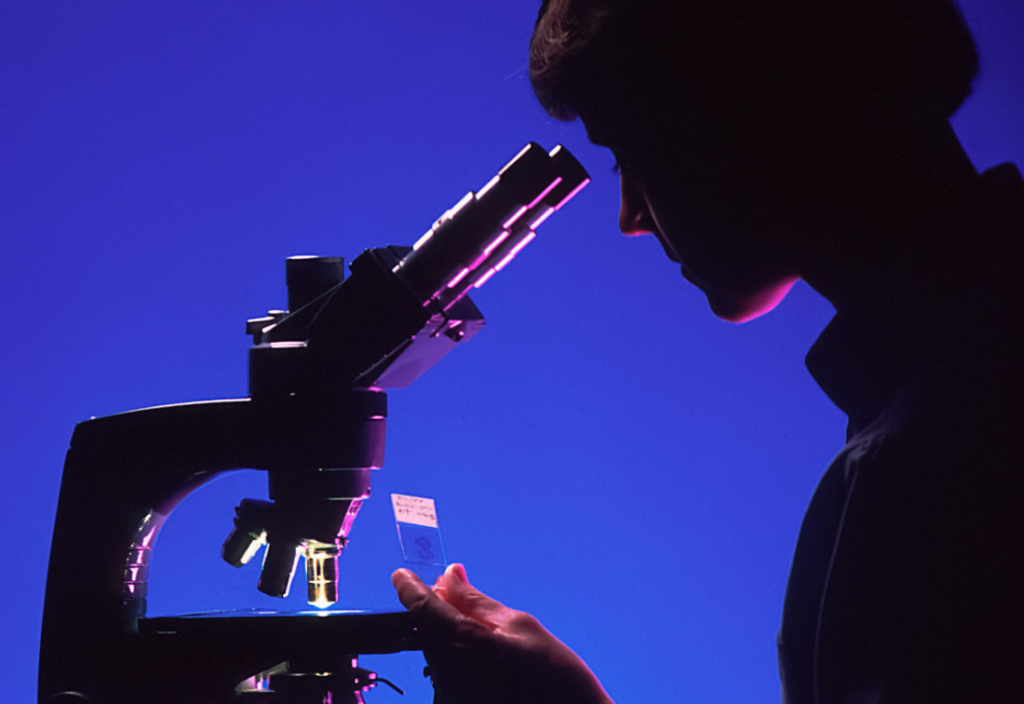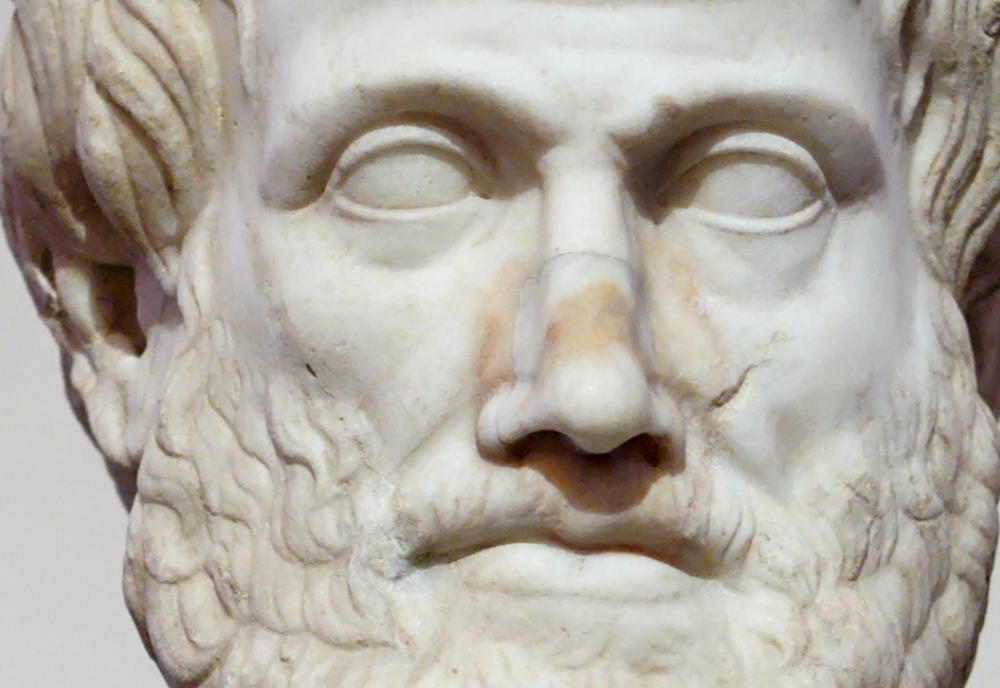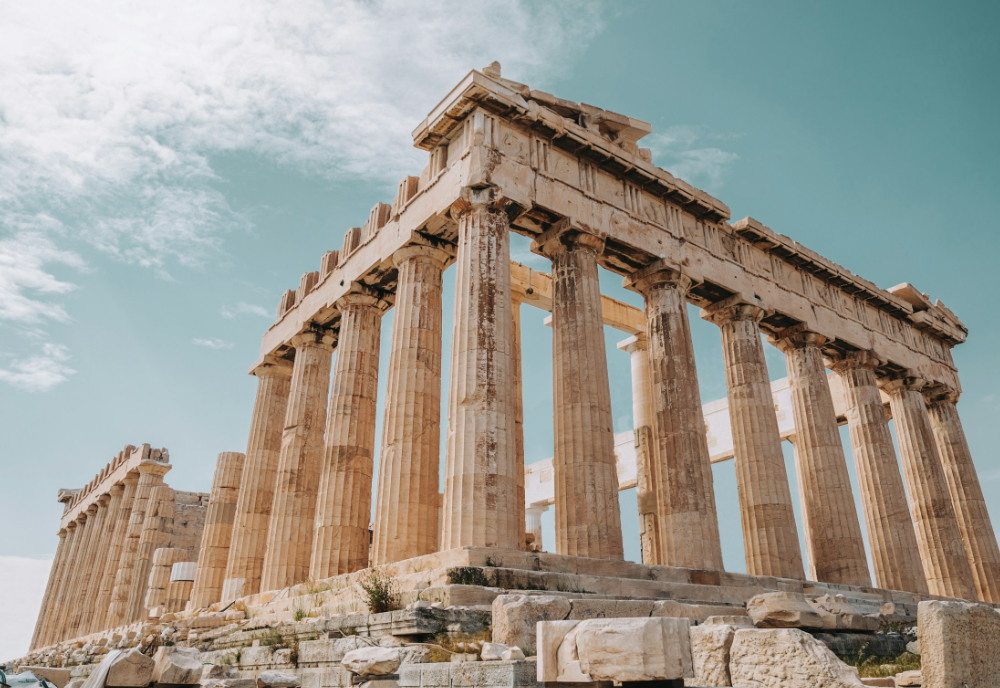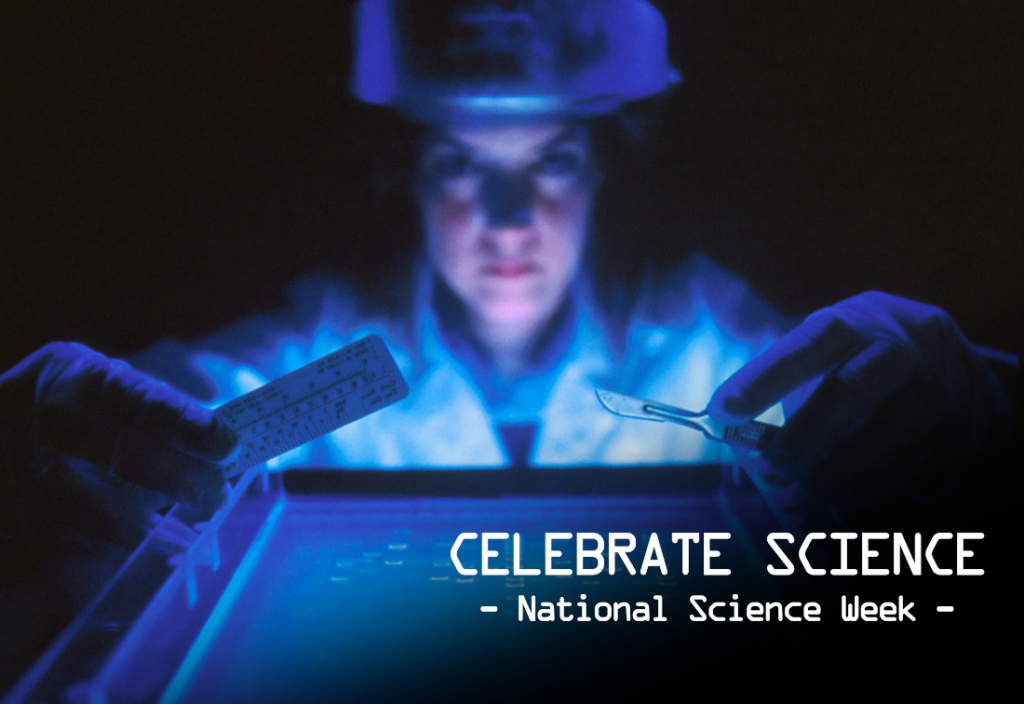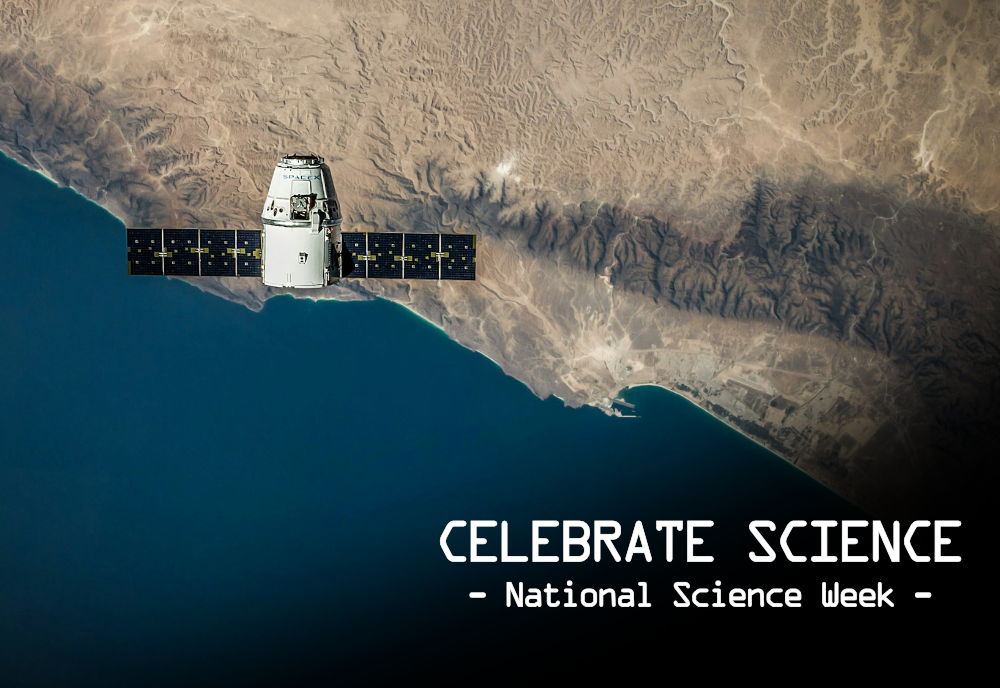This article is part of our ‘Celebrate Science’ feature series to mark National Science Week. It was originally published in the Spring 2017 edition of the Australian Rationalist.
We live in an era of extraordinary scientific and technological innovation, but also of swirling controversies, anti-intellectual political and religious movements and widespread popular ignorance.
Misgivings about ‘Western civilisation’ or, more broadly, about science and industrialism mix with all manner of confused belief systems. Is it possible that all this could bring down modern science, and that scientific progress could end up being reversed or stopped in its tracks?
Twenty years ago, the Italian polymath Lucio Russo pondered this question in a remarkable book called The Forgotten Revolution: How Science Was Born in 300 BC and Why It Had to be Reborn. It was first published by Feltrinelli in Milan in 1996.
The book appeared in English, via Springer Verlag (Berlin, Heidelberg and New York), in 2004. It was drawn to my attention in 2009, by another polymath, Mark Elvin, an old friend, who was by then working in Heidelberg on the history and philosophy of science. It is an enormously interesting and thought-provoking book and should be on the reading list of any critical rationalist.
Russo’s thesis is simple: science as we understand the term in the modern world did not begin in the 17th century of the Common Era (CE), but in the third century before the Common Era (BCE), in the Hellenistic world. It was not the work of the pre-Socratics or of Plato and Aristotle. It began after Aristotle, was not governed by his preconceptions and began to discover things that would be forgotten and not rediscovered until the century after Galileo. It got off to an impressive start, but then came to a halt. Also, it was largely erased from cultural memory. Most of its key figures and their work were almost wholly forgotten.
Why did this happen? Russo’s answer to that question revolutionises what might be called the standard Enlightenment narrative, which might be summed up in the proposition that the Greeks and Romans, in some collective sense, were broadly enlightened and scientific, but then were overcome by ‘barbarism and religion’. Western civilisation then regressed, only recovering when the ancient world was rediscovered and science began to displace religion in the 17th century.
This has been disputed on various grounds by Christians (the religion part of the equation) for many years, chiefly by arguing that it was religion that saved Western civilisation – from the barbarians.
Russo has a more interesting and in some ways more disturbing story to tell than either of these conventional and somewhat myopic narratives. His argument, supported by a magnificent marshalling of primary evidence, is that the Hellenistic era (from the time of Alexander’s conquests in the late fourth century BCE to the Roman conquest of the eastern Mediterranean world in the second and first centuries BCE) saw “an explosion of objective knowledge about the external world” and “the appearance of science as we understand it now”, but that:
…not long after this golden period, much of this extraordinary development had been reversed. Rome borrowed what it was capable of from the Greeks and kept it for a little while yet, but created very little science of its own. Europe was soon smothered in the obscurantism and stasis that blocked most avenues of intellectual development for a thousand years.
Science had been a sub-culture within the Greek world and never took root in the Roman world. The Roman Empire actually disrupted the nascent scientific culture of the Greek world and it did not recover from that disruption. There was an afterglow for a few centuries, then things deteriorated further – until the Renaissance and the modern scientific revolution.
Russo argues that this should alert us to a danger in our own time, even though science has taken incomparably greater strides since 1600 than it ever took in the Hellenistic era:
The naïve idea that progress is a one way flow automatically powered by scientific development could never have taken hold, as it did during the 1800s, if the ancient defeat of science had not been forgotten. Today, such dangerous illusions no longer prevail absolutely, and we may have a chance to learn from the lessons of the past. Those who engage in defending scientific rationality against the waves that buffet it from many directions would do well to be forearmed with the awareness that this is a battle that was lost once, with consequences that affected every aspect of civilization for a thousand years and more.
An iconic figure from that lost era is Archimedes, whose death at the hands of a Roman soldier during the Roman sack of Syracuse in 212 BCE can be seen as marking the beginning of the assault on Greek science that would come to a head 70 years later, when the Greek scientific community in Alexandria was almost entirely destroyed.
The name ‘Archimedes’ tends to be remembered. Many others, however, have been forgotten. Russo brings them back into the picture. In doing so, he shows us a scientific culture at work:
Not only do we see physicians conducting controlled experiments, scientists using mathematics and mechanics to build better weapons, painters applying geometry to their art, but even the notion of language changes: poetry becomes a playground for experimentation, while words are consciously assigned precise new meanings in technical fields, a procedure that would not become familiar again until the nineteenth century.
All this began to decay after the Roman conquests of Greece, the Levant and Egypt. Classical Athens continued to be celebrated, but the achievements and theoretical works of the great thinkers of the Hellenistic period were lost, in many cases irretrievably.
As Russo put it, even now “the Hellenistic period often continues to appear as one whose cultural heritage is for us less essential than that of the classical period.”
Do you find yourself responding intuitively with the thought that the classical period is more essential as a cultural heritage? We automatically think of Aeschylus and Sophocles, Pericles and Thucydides, Socrates and Alcibiades, Plato and Aristotle than we do of Archimedes and Euclid or – well, the list trails off very quickly, doesn’t it?
And that is precisely Russo’s point. If we only knew the history and achievements of the third century BCE, we would see things differently. That would be especially so with regard to scientific culture. But a book like his has been necessary even to make this case – yet few of us read it, to say nothing of taking its argument to heart.
Russo makes this point right at the start, in section 1.1 of his book, ‘The Erasure of the Scientific Revolution’:
Let’s consider three great beacons of the scientific revolution: Euclid of Alexandria, Archimedes of Syracuse and Herophilus of Chalcedon. What does an educated person know about them? About Herophilus nothing. About Archimedes one remembers that he did strange things…he is remembered, yes, but as a legendary character outside of history. One ends up forgetting that he was a scientist…whose results continue to be part of scientific education at many levels…Euclidean geometry has remained, throughout the centuries, the framework for basic mathematical teaching. But Euclid himself has been taken out of history…he is offered to us without any historical context, laying down ‘Euclidean geometry’ as if it were something that had always been there at mankind’s disposal…
Herophilus was the pioneer of anatomy and physiology. He discovered the optic nerve and the nervous system in general and corrected Aristotle’s mistaken belief that the brain was merely an organ for cooling the blood and not the seat of human cognition.
Do the names Strato of Lampsacus, Ctesibius, Eratosthenes, Aristarchus, Chrysippus, Seleucus, or Hipparchus mean anything to you? All were Hellenistic scientists of note. Almost all the writings of that era have been lost. A few scientific works survived the ‘deluge’ to be handed down via Byzantium and the Arabs (who inherited them when they conquered the Greek world in the seventh century CE). But the best and most original works were lost. This last point requires emphasis. Russo writes:
Unfortunately, the optimistic view that ‘classical civilization’ handed down certain fundamental works that managed to include the knowledge contained in the lost writings has proved groundless. In fact, in the face of a general regression in the level of civilization, it’s never the best works that will be saved through an automatic process of natural selection… Late Antiquity and the Middle Ages favoured compilations or at least books written in a language still understandable to a civilization that had returned to the pre-scientific stage. Thus, we have Varro’s work on agriculture and Vitruvius’ on architecture, but not their Hellenistic sources; we have Lucretius’ splendid poem on nature, but not the works of Strato of Lampsacus, who according to some indications may have originated natural science in the true sense.
Strato (335–269 BCE) was the third head of the library and research establishment created by Aristotle (after Aristotle himself and Theophrastus): the Lyceum, in Athens. He was an atheist who did not believe there was any need for the hypothesis of a god or gods to explain the universe and did not believe in the immortality of a soul. He believed in scientific research and natural law, was a materialist who refined the atomism of Democritus, and a theorist of space, time and energy. He criticised the work of Plato and Aristotle. We have none of his books.
Alexander’s empire, after 335 BCE, constituted a cosmopolitan world of ideas that flourished briefly, but was suffocated. Apart from textual losses and cultural amnesia, we suffer from the lack of serious archaeological work even in Egypt, where the submerged remains of Alexandria “only began to be explored systematically in 1995”.
No such work has been done for Hellenistic states other than Egypt, such as the Seleucid kingdom, which included Mesopotamia; or Bactria, which was a channel between India, China and the Hellenistic world. In other words, 500 years after the Renaissance, we still have a great deal to learn about the antecedents to our own scientific culture, partly because so little effort has so far been made to recover them.
How serious are the implications of all this for our time? Read Russo’s wonderful book and ponder that question. But consider this: the Renaissance began with the recovery of largely humanistic and philosophical texts. Suppose we were able now to recover more fully the roots of critical rationalism and scientific method in their cultural context. Might that not help to revitalise our own scientific culture, at a time when it faces so many challenges? Might it not enable those of us committed to a scientific worldview to pivot on a new foundation and champion the possibilities of humanity with a refreshed vigour? I’d like to think so. Reading Russo encourages such bright thoughts.
Photo by Nasa on Unsplash.

